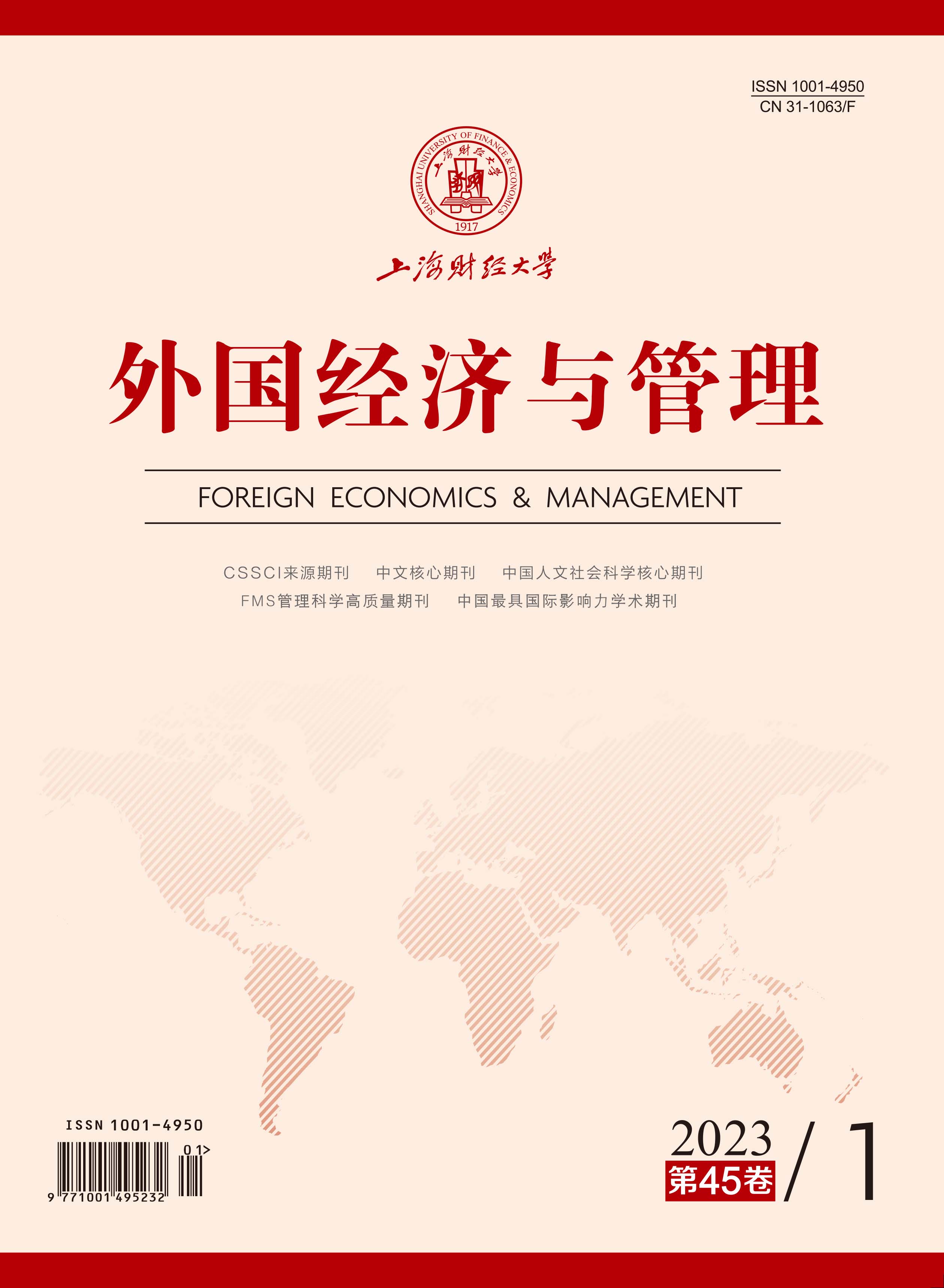The compromise effect means that consumers are more inclined to choose an option with medium attributes when facing multiple options with multiple attributes. Busyness has become an important and common feature and psychological state of individuals in the contemporary society. Balenciaga, Audi and other high-end brands take busyness as the theme of advertising, trying to arouse consumers’ subjective busyness to affect their consumption behavior. However, previous literature focuses on the objective aspect of busyness — the impact of the lack of time resources on consumption decisions, and pays more attention to the negative effect of busyness, such as the lack of self-control. This paper takes decision-making confidence as an explanation mechanism to explore the impact of consumers’ subjective busyness not caused by time constraints or forced tasks on their preference for compromise option.
Six experiments were conducted to verify the hypothesis. Experiment 1 was to examine the effect of subjective busyness on compromise preference and the mediating effect of decision-making confidence. Experiments 2 and 3 respectively tested whether the main effect is significant for products unfamiliar to consumers and in the brand context. Experiment 4 tested the moderating effect of construal level for “busyness”. Experiments 5 and 6 tested whether the main effect, mediating effect and moderating effect were still significant in the hedonic situation. Manipulation methods and scales in the authoritative literature and empirical methods were used in all the experiments to verify the hypothesis.
The results show that subjective busyness can enhance consumers’ self-importance perception, self-worth perception and ability perception, enhance their decision-making confidence, and then make them less likely to make compromise choices. The construal level for “busyness” plays a moderating role. Consumers with a high construal level will abstract “busyness” as high self-worth, while consumers with a low construal level will concrete “busyness” as “need to do a lot of things”. Therefore, subjective busyness has no effect on the latter’s decision-making confidence, and does not affect their preference for compromise option.
The main contributions of this paper are as follows: First, it enriches the application research of busyness in the marketing field. Previous studies focus on the impact of the objective factor of busyness on consumption decisions, and pay more attention to the negative effect of busyness; while this paper focuses on subjective busyness, provides a reference for exploring the positive effect of busyness in addition to improving decision-making confidence, and provides a theoretical explanation for the marketing phenomenon of busyness. Second, it provides a new perspective and mediating mechanism for the relationship between busyness and the compromise effect. Previous studies, based on the perspective of cognitive resources, suggest that the objective aspect of busyness reduces consumers’ preference for compromise option; while this paper takes consumers’ decision-making confidence as an explanation mechanism to explore the weakening effect of the subjective aspect of busyness on the compromise effect. Third, it provides practical implications for middle-end/non-middle-end brands or enterprises to apply the busyness factor and compromise effect in product positioning, competitive landscape and other aspects.





 5963
5963  4999
4999

